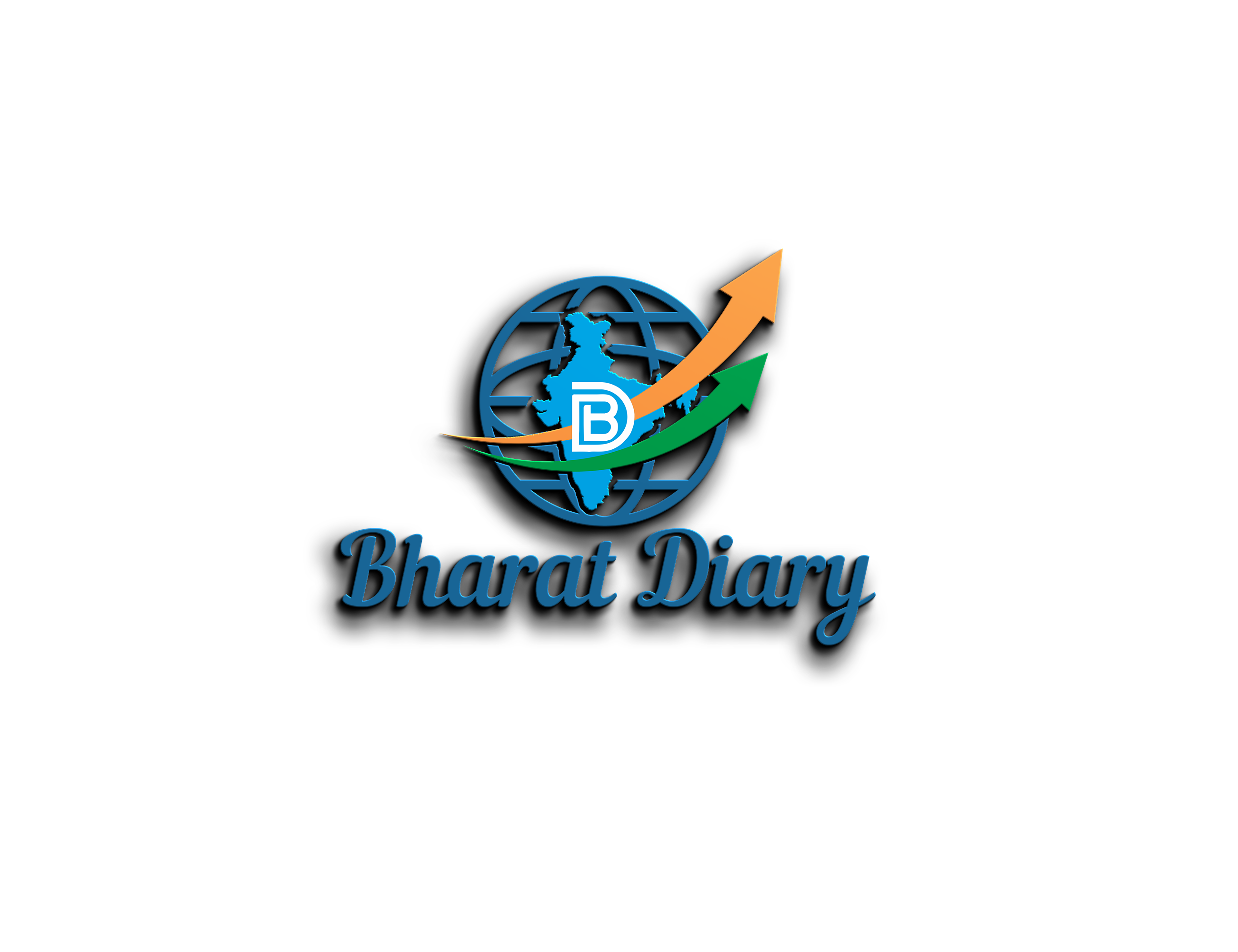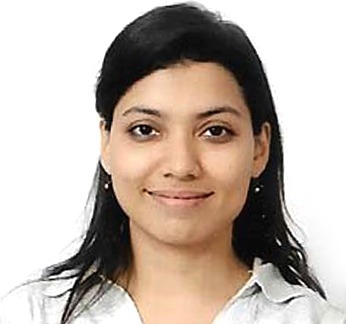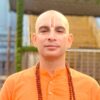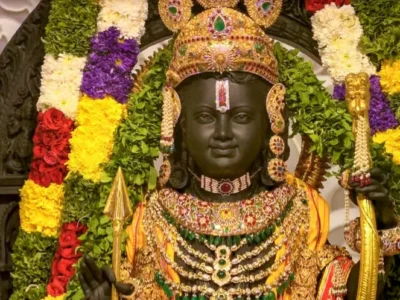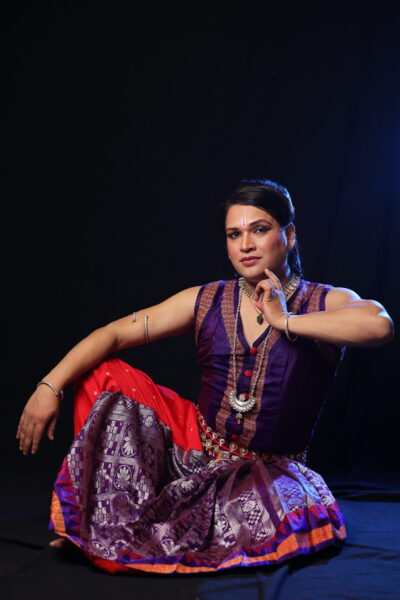
Classical Dance
Bhartiy Classical Dance forms
Bharat is a diverse country with a variety of cultures and heritage. Every state has its uniqueness, whether it is language, food, clothes, etc. Dance is one of the oldest forms of art found in Bharat. Several dance forms can be seen in Bharat.Every dance is different in terms of songs, musical instruments, costumes, makeup, props, and steps.
Different Dance Forms in Bharat
According to the Sangeet Natak Academy, there are eight dance forms in India, and according to the Indian Ministry of Culture, Chhau dance is the 9th dance form in India, therefore there are 9 dance forms in India.
- Bharatnatyam- It is a dance form that originated fr Tamil Nadu. It was originally performed in the temples of Tamil Nadu, by the Devadasis and therefore it is also known as Dasiattam. Bharatnatyam is believed to be 2000 years old dance form and it can also be found in the Bharata Muni’s Natya Shastra. The three important features of Bharatnatyam are Nritta, Natya, and Nritya. It is performed both by men and women. The dance costumes are bright-colored, with women wearing saree and men wearing dhoti. The most important part of the dance form is gestures which are called Mudras or Hastas.
- Kathak- Kathak also has its foundation in the Natya Shastra written by Bharata Muni. It has three sections called Invocation, Nritta, and Nritya. Kathak is known by both Hindu and Muslim majority of people, therefore the costumes depend on the group of people performing the dance form. The origin of Kathak is Uttar Pradesh and the word Kathak is derived from the word Katha which means story. It is considered a musical dance story because throughout the whole performance the artists narrate stories.
- Kathakali- Kathakali originated from the south Indian state of Kerala. It also includes storytelling with the help of dance. It is very famous for its signature steps like hand and eye movements. These dance forms are generally performed in the temples. The gestures of Kathakali align with the verses known as Padmas. The stories or plays depicted in the dance form are derived from Hindu mythologies like Ramayana and Mahabharata.
- Kuchipudi- It originated from Andhra Pradesh. The name is derived from a village named kuchelpuram. Kuchipudi is developed as a dance form to worship the Lord, Krishna. The poses and steps make Kuchipudi different from Bharatanatyam. Bharatnatyam has sculpted poses whereas Kuchipudi has rounded poses.
- Manipuri- Manipuri dance is originated from Manipur. Lai Haraoba is a state festival and it is the origin and basis of all the dance forms of Manipuri dances. Lai Haraoba means merrymaking of the gods. The main performers of the dance form are called maibas and maibis. The theme of the dance form revolves around the love story of Radha and Krishna. The three different styles of Manipuri Ras Leela are Tal Rasak, Danda Rasak and Mandal Rasak.
- Mohiniyattam- It originated from Kerala. The name Mohiniyattam is derived from the word Mohini, which is the feminine form of Lord Vishnu. The word Mohini means the dance of Mohini.
- Odissi- It originated from Odisha. The earliest form of the present-day Odissi dance form is Ordhra Magadha. The chief repositories of the Odissi Dance are called Maharis, they were the temple dancers. The dance costume used in Odissi is a silk hued saree decorated with conventional plans.
- Sattriya- It was introduced in the 15th Century and originated from the monasteries of Assam. It was the innovation of the great Vaishnava saints and the reformers of Assam. The Pattaya dance is strictly governed by principles of hasta mudras, footwork, aharyas, music, etc.
- Chhau– it is a semi-classical dance form. There are three types of Chhau based on the regions it is performed. Chhau is performed in Purulia, West Bengal, Seraikella, Jharkhand, and Mayurbhanj Chau of Odisha. the artists wear huge masks which depict different deities.
